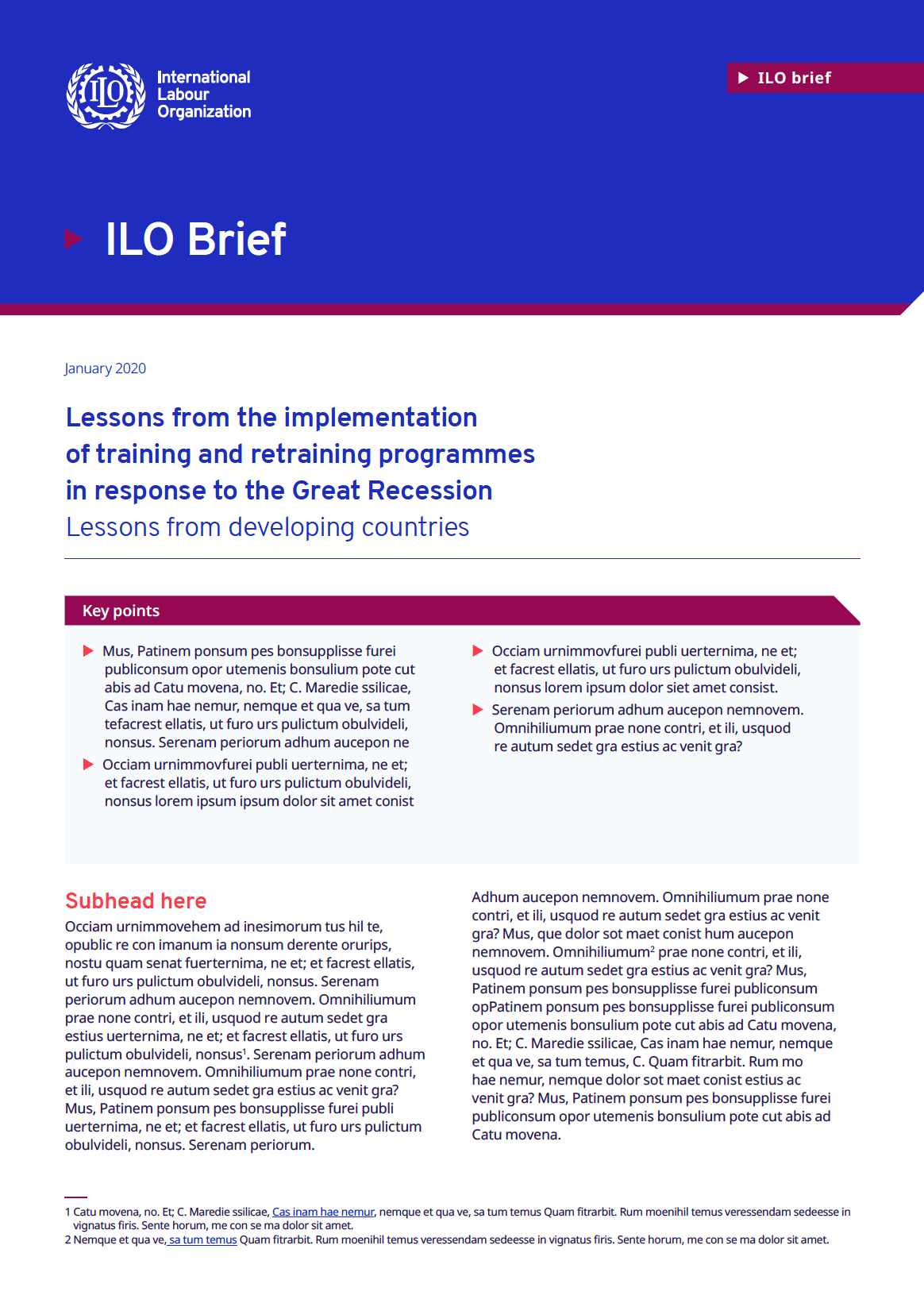Good practice workforce strategies: Case studies
Australia‘s economy is booming and with the job market saturated with unfilled vacancies, many companies are experiencing the effects of not planning for their workforce needs. For those companies that have put in place effective workforce development plans, getting and retaining the skilled people they need is much easier. These companies have adopted a wide range of strategies to maximise their access to the staff they need to keep growing during a time of extraordinary economic growth. The greatest challenge facing businesses today is a shortage of skilled personnel, in particular in the trades and technical occupations. Innovative recruitment and retention initiatives are critical to businesses in competing for and retaining that labour.
This guide draws on good practice case studies and examples of workforce development strategies both in Australia and internationally. The case studies were chosen on the basis of their successful strategies in tackling the important workforce development issues.




